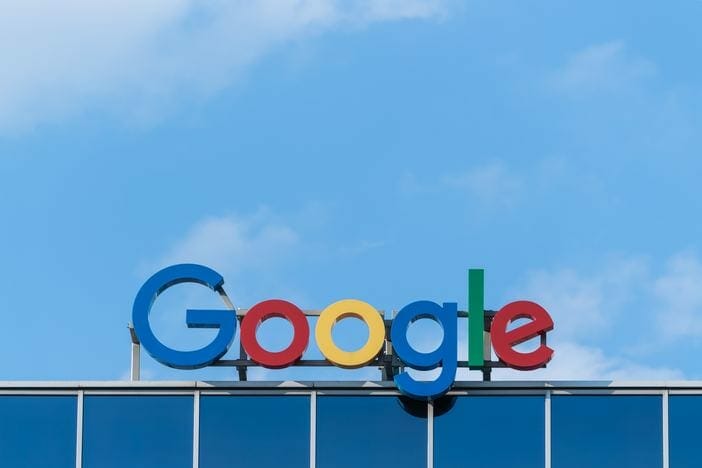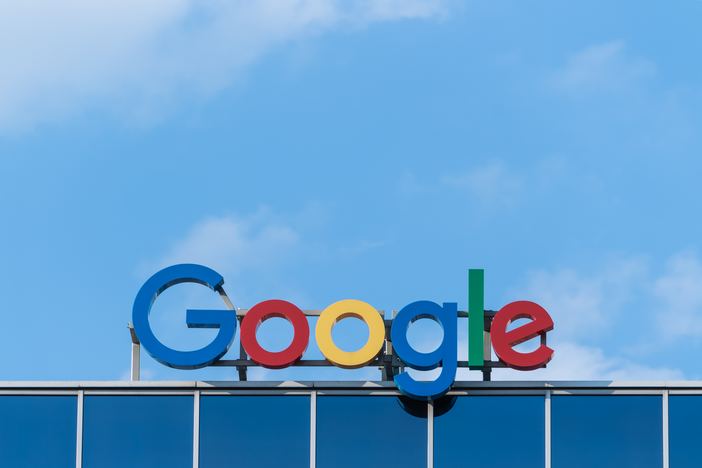This is more than just a technicality, I think it signals a fundamental shift in the way they’re viewing advertising. Google Ads on Your Desktop One of the other significant changes small business marketers will see is that there is now an application you can download to your desktop: AdWords Editor. The integration with the new ads program allows you to pull reporting from Google Ads and into Google Sheets. New Comprehensive Campaigns With their new advertising program, Google is providing additional support to small business advertisers, allowing those who don’t have the time or energy to create their own campaigns to leave that all in Google’s hands. What About Organic Search? While these new campaigns are great for those who are taking advantage of the Google Ads platform, what about those marketers or small business owners who are putting all of their faith in the power of organic search? The message here for small business marketers is that you can’t ignore Google Ads. But at the same time, you can’t ignore paid advertising. And rather than charging a nominal fee per click, Google will now ask for $25-$100 per lead, depending on category and competition, because they’ve delivered a verifiable lead. This new approach allows Google to be fully involved in the lead generation process, which gives them valuable information about the way people are searching for services and also allows them to charge small business owners a greater fee than they would for pay-per-click advertising.

Google has recently made some drastic changes to their ads program—starting with a name change, from Google AdWords to Google Ads. Some of the changes are technical, like tweaks to the interface. Others represent fundamental shifts in the way Google views advertising. These will affect more than just your Google advertising efforts, but also how you approach other marketing tactics, SEO, and content.
Google is the dominant force in online advertising, so you can’t afford to ignore what they’re doing. Here, I’ll walk you through the most important changes and new features that small business owners need to be aware of.
Goodbye, AdWords
The biggest change is that we have known the primary Google ad tool as AdWords. Now, they’ve dropped Words, and it is just Google Ads. This is more than just a technicality, I think it signals a fundamental shift in the way they’re viewing advertising.
When Google originally launched their ad product, advertising was all about keywords, but times have changed. Google is so much more than just a search engine at this point, and the change in name reflects their omnipresence on the web.
The new name indicates a move towards a more comprehensive approach, one that will incorporate machine learning and behavioral tracking to better understand the true intent behind people’s actions online.
Google Ads on Your Desktop
One of the other significant changes small business marketers will see is that there is now an application you can download to your desktop: AdWords Editor.
Similar to the Facebook editor, the idea here is that you can now download your campaigns, work on them offline, and then upload them again. This means that you’re not stuck sitting on the platform the entire time, and can now get more work done if you’re offline and on the move.
Google Sheets Integration
If you’re not already familiar with Google Sheets, it’s essentially a free, online version of Microsoft Excel. The integration with the new ads program allows you to pull reporting from Google Ads and into Google Sheets.
Doing so allows you greater flexibility in parsing the data. You can filter by your own criteria, create reports, and track data more easily. This will be particularly useful for agencies or consultants who need to create reports for multiple clients.
New Comprehensive Campaigns
With their new advertising program, Google is providing additional support to small business advertisers, allowing those who don’t have the time or energy to create their own campaigns to leave that all in Google’s hands.
The skeptic in me feels that there is a tradeoff between convenience and value. They make it very easy for you to give them a budget and they’ll do the legwork, but you’re also handing over control and the appropriate measures to monitor and adjust how that money is spent. Without visibility into what’s actually being done to market…

COMMENTS